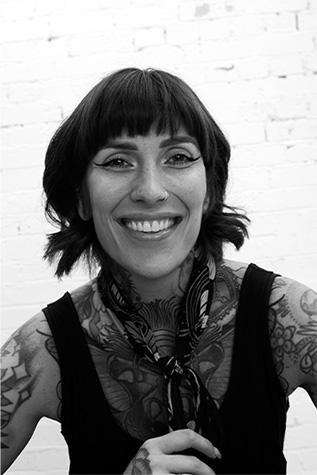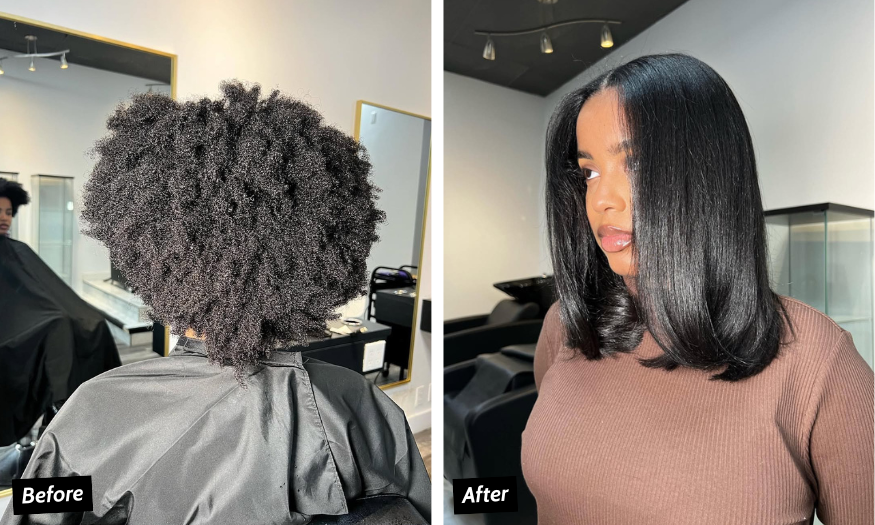Are You Earning Enough?
Boss Your Salon founder Maddi Cook’s new financial survey suggests you’re not – especially if you’re a business owner
by Amanda | BUSINESS

Maddi Cook
Hair & beauty professionals need to double their monthly income to cover their cost of living and overhead expenses. That’s the major takeaway of a new pricing research survey by Boss Your Salon.
The research, which used Boss Your Salon’s pricing calculators, revealed professionals earn an average of £13.25 per hour when factoring in client income. After accounting for non-client-facing work, the actual hourly income falls to £10.19. The results showed an average monthly income (pre-tax and National Insurance) of £1,533.42. Yet to cover the cost of living and overhead expenses, professionals need to earn £3,042 per month, according to Boss Your Salon’s calculations.
Maddi Cook, Boss Your Salon’s founder, was keen to “get some numbers”, knowing anecdotally from her work with clients that price is a major challenge. The findings highlight that many are not earning enough to meet their basic needs.
One of the biggest issues in Maddi’s eyes? People thinking in “bums on seat hours” when it comes to their pricing. “So they’d go, ‘Well, I work with clients 30 hours a week’. But I think we’re in this employee mindset of ‘I get paid for the hours that I’m working with clients’. They forget about all the hours that go into running a business,” she said.
“An employee can down tools at the end of the day. They can finish it Saturday afternoon, and not have to worry about their job until Tuesday. Whereas business owners spend a lot of hours outside of work doing the marketing, booking and rearranging appointments, stock take and ordering. We need to get paid for all that time, because that’s work required to actually get those done.”
“If it’s just bums on seats, we’re a little bit above minimum wage, which personally I think is terrible.”
But once you take all the extra work into account, that’s when it drops down below Minimum Wage, or National Living Wage. If someone was on minimum wage in a job in Aldi or an office in the UK, you’d get 5.6 weeks paid holiday. You’d get six months full sick pay. You’d get maternity pay. You get a lunch break where you don’t have to worry about customer acquisition or accounts. So, you would be paid better in a minimum wage job, and you’d also get better conditions and job security.
With about 44 per cent of respondents from hairdressing, Maddi is keen for hairdressers to realise and value their skills beyond hair. “So many hairdressers say, ‘I’m not good at maths’, and so they avoid it. That infuriates me because you are, you’re a hairdresser! You work in ratios and timings and weights,” she said.
“If your income does not reflect the hard work that you put in, there is something wrong. Pricing is fundamental; just knowing your numbers is fundamental. It’s getting people to see this as the first and most crucial step before doing any of the other things, like marketing and social media.”








